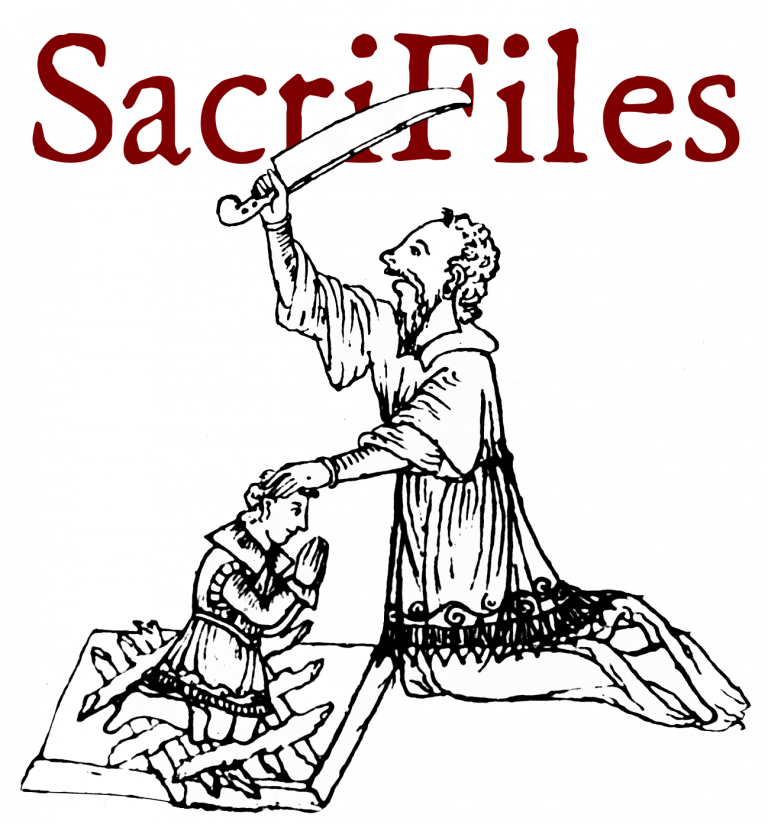Eikōn ē pistē. Or, the Faifhfull Pourtraicture ... in Vindication of Eikon Basilike ...
Eikōn ē pistē. Or, the Faifhfull Pourtraicture of a Loyall Subject, in Vindication of Eikon Basilike. Otherwise Intituled The Pourtraicture of His Sacred Majestie, in His Solitudes and Sufferings. In Answer to an Insolent Book, Intituled Eikōn alēthinē: Whereby Occasion Is Taken, to Handle All the Controverted Points Relating to These Times
n.p.: n.p., 1649.
3. Sacrifice and politics (16th-18th Century) 6. Sacrifices of self: Martyrology after Reformation (16th-18th Century)
Related Documents:
The English Devil: Or, Cromwel and His Monstrous Witch Discover'd at White-Hall: With the Strange and Damnable Speech of This Hellish Monster, by Way of Revelation, Touching King and Kingdom; and a Narrative of the Infernal Plots, Inhumane Actings, and Barbarous Conspiracies of This Grand Impostor, and Most Audacious Rebel, That Durst Aspire From a Brew-House to the Throne, Washing His Accursed Hands in the Blood of His Royal Soveraign; and Trampling Over the Heads of the Most Loyal Subjects, Making a Foot-ball of a Crown, and Endeavouring Utterly to Extirpate the Royal Progeny, Root and Kinde, Stem and Stock
London: Robert Wood; George Horton, 1660.
The Loyall Martyrology (1665)
from: Winstanley, William. The Loyall Martyrology, or Brief Catalogues and Characters of the Most Eminent Persons Who Suffered Their Conscience During the Last Times of Rebelion, Either by Death, Imprisonment, Banishment, or Sequestration; Together With Those Who Were Slain in the Kings Service. As Also, Dregs of Treacehry: With the Catalogue and Characters of Those Regicides Who Sat as Judges on Our Late Dread Soveraign of Ever Blessed Memory; With Others of That Gang, Most Eminent for Villany. For Encouragement to Virtue, and Determent from Vice, London, Thomas Mobb-Edward Thomas, 1665, Frontispiece
British Museum, London
The Court Career Death Shaddow'd to Life. Or Shadowes of Life and Death. A Pasquil Dialogue Seriously Perused and Highly Approved by the Clearest Judgments
[London]: n.p., 1659.

